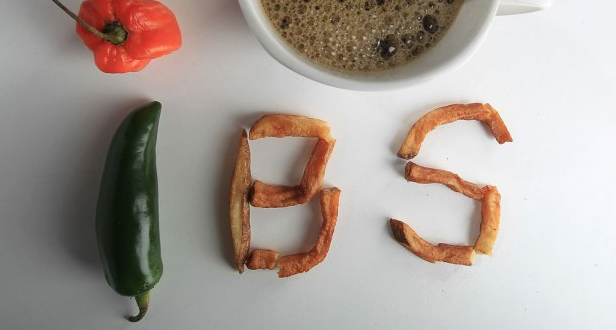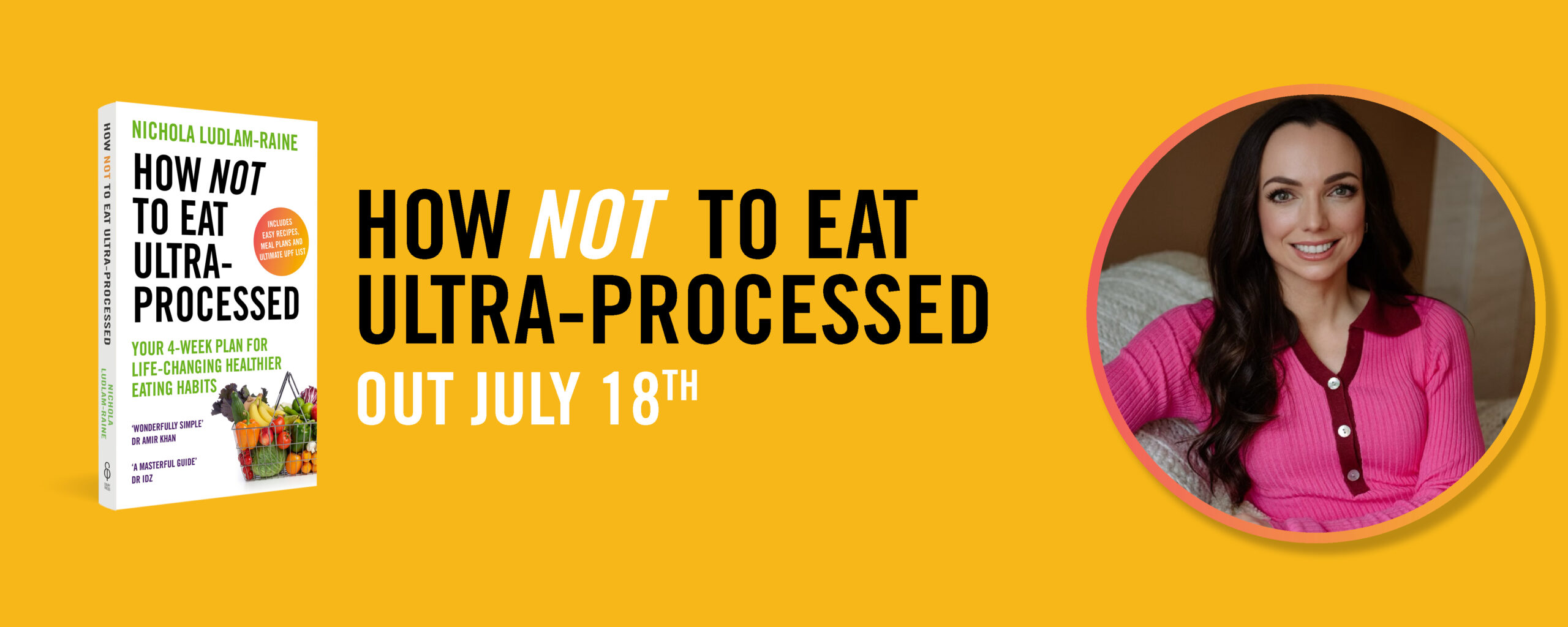
IBS stands for Irritable Bowel Syndrome and it’s a disorder of the digestive system resulting in stomach cramps, bloating and/or altered bowel movements. It’s estimated that around 20% (1 in 5 people) of the population will suffer from IBS at some point in their life, which can be triggered or made worse by stress and changes in the diet. A doctor formally diagnoses IBS, usually after a number of tests to exclude other causes.
If you have been diagnosed with IBS then you may want to ask your GP for a referral to a dietitian for tailored advice, however the following tips and my YouTube video below may also help:
1) Keep to Regular Meals – Our bodies generally like routine and dislike long gaps between eating. Eating little and often may prevent your gut from feeling ‘overwhelmed’ when it comes to food.
2) Chew your Food Well – Chewing is the start of digestion so why not give your body a head start by chewing well. It is recommend to chew each mouthful around 20 times before swallowing.
3) Ensure adequate Fluid – Keep your digestive system moving by drinking at least 1.5L of fluid/water a day and staying hydrated. An easy way to tell if you’re drinking enough is to check the colour of you wee – if it’s a pale straw colour then great, any darker then you need to drink more!
4) Know your Triggers – A food and symptom diary can be useful to see if your symptoms are linked to any particular food or drink (or indeed time of year to see if stress is a cause). Common causes to disturbed bowels are excessive consumption of caffeine (tea/coffee/cola), alcohol, fizzy drinks, as well as fatty and greasy food.
- If you suffer from Bloating then avoid excessive consumption of fizzy drinks and try reducing resistant starches which ferment in the bowel. Resistant starches are created when starchy foods are cooled after cooking e.g. cold pasta or potato salad, ready meals, frozen/chilled pizzas or garlic bread (all pre-baked breads) and processed foods such as biscuits and crisps. Some people also find fresh pasta better to tolerate in comparison to dried pasta.
- If you’re suffering from Diarrhoea then limit fresh fruit juice to no more than 1 small glass a day (150ml) and fruit to no more than 3 portions (1 portion is a handful) – you can still meet your 5 a day with vegetables. You may also want to cut down on or cut out foods containing the sweetener sorbitol e.g. sugar free mints/chewing gum.
- Constipation can be prevented/improved by ensuring an adequate amount of fluid in the diet, exercising (to keep your bowels moving!) and eating more fibre – oats and linseeds are good options and provide soluble fibre which doesn’t usually cause bloating.
5) Probiotics – Probiotics are live cultures that may be beneficial to health. They live in our gut and may improve IBS symptoms. It is recommend to try probiotics for at least 4 weeks – if you don’t see an improvement in symptoms then try an alternate brand.
I really hope you find this blog post useful – do you have any more tips for IBS sufferers?

2 Comments